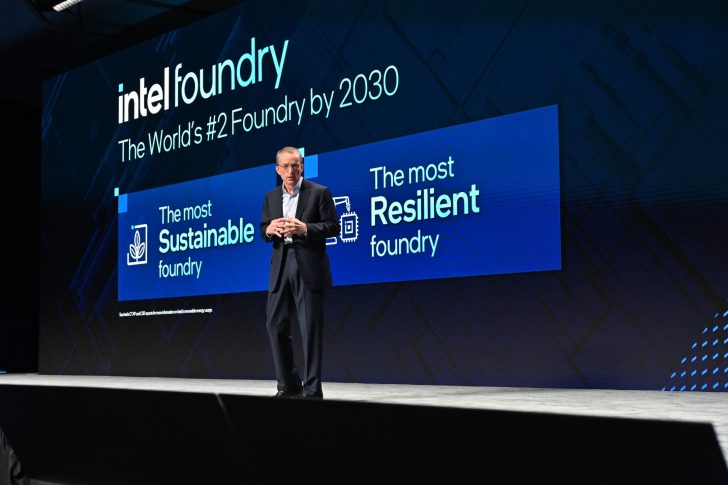Pat Gelsinger, former CEO of Intel, has finally opened up about his resignation, claiming that the decision was imposed on him and not one he willingly made. Despite leading the company for over four years, Gelsinger’s tenure was marked by a series of ambitious projects, with his IDM 2.0 strategy being one of the most notable. This strategy aimed to revolutionize Intel’s chip manufacturing by involving both in-house and external foundries to compete with industry giants like TSMC. 
However, the ambitious vision for the future never fully materialized under his leadership.
Speaking at the Playground Global conference in Tokyo, Japan, Gelsinger shared that stepping down was a difficult decision, one he didn’t want to make. In his own words, he wanted to finish the work he started, but “was not given the opportunity.” Although he refrained from naming the party that forced his resignation, reports speculate that it was likely Intel’s board of directors. Gelsinger had always been outspoken about his strategy, but internal and market pressures, including the lackluster performance of Intel Foundry, made it hard for him to see his vision come to fruition.
Intel’s foundry division, once expected to rise up and challenge competitors, suffered massive financial and reputational losses during Gelsinger’s leadership. Intel’s efforts to introduce new process nodes failed to make an impact, with many remaining limited to internal use. The company’s struggle to deliver on its IDM 2.0 goals, particularly with the 18A process, left Gelsinger without the opportunity to oversee the launch he had anticipated. With Gelsinger now gone, Intel is shifting its focus under new CEO Lip-Bu Tan, who has already begun implementing drastic changes, including layoffs and a greater reliance on third-party foundries.
Intel is pushing forward with mass production of the 18A process, marking the next chapter for the company. However, this development will take place without the leadership of Gelsinger, who, despite his best efforts, couldn’t make the kind of changes he had hoped for in such a short time.